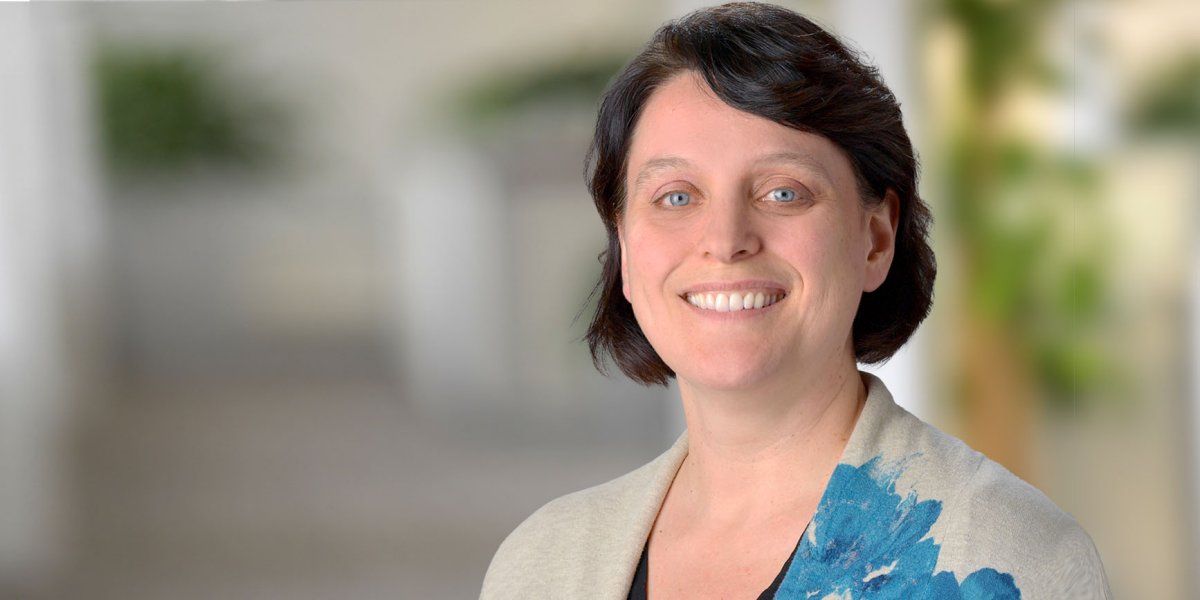- Drug Coverage
- Hypertrophic Cardiomyopathy (HCM)
- Vaccines: 2023 Year in Review
- Eyecare
- Urothelial Carcinoma
- Women's Health
- Hemophilia
- Heart Failure
- Vaccines
- Neonatal Care
- NSCLC
- Type II Inflammation
- Substance Use Disorder
- Gene Therapy
- Lung Cancer
- Spinal Muscular Atrophy
- HIV
- Post-Acute Care
- Liver Disease
- Pulmonary Arterial Hypertension
- Safety & Recalls
- Biologics
- Asthma
- Atrial Fibrillation
- Type I Diabetes
- RSV
- COVID-19
- Cardiovascular Diseases
- Breast Cancer
- Prescription Digital Therapeutics
- Reproductive Health
- The Improving Patient Access Podcast
- Blood Cancer
- Ulcerative Colitis
- Respiratory Conditions
- Multiple Sclerosis
- Digital Health
- Population Health
- Sleep Disorders
- Biosimilars
- Plaque Psoriasis
- Leukemia and Lymphoma
- Oncology
- Pediatrics
- Urology
- Obstetrics-Gynecology & Women's Health
- Opioids
- Solid Tumors
- Autoimmune Diseases
- Dermatology
- Diabetes
- Mental Health
AbbVie Submits sNDA for Linzess for Children and Adolescents
If approved, Linzess would be the first prescription therapy for functional constipation in children and adolescents 6 to 17 years of age.
AbbVie has submitted to the FDA a supplemental new drug application (sNDA) for Linzess (linaclotide) to treat children and adolescents 6 to 17 years of age with functional constipation (FC). Linzess is developed and marketed by AbbVie and Ironwood Pharmaceuticals in the United States and is currently indicated to treat adults with chronic idiopathic constipation (CIC) or irritable bowel syndrome with constipation (IBS-C).
Celine Goldberger, M.D., Ph.D.

"Although functional constipation is common among pediatric patients, it has long been difficult to manage due to a lack of approved prescription treatment options," Celine Goldberger, M.D., Ph.D., vice president, head of US medical affairs, AbbVie, said in a press release.
Functional constipation in children is defined as a condition with hard, infrequent bowel movements that are often difficult or painful to pass. It is a common problem in children of all ages, with a worldwide prevalence ranging between 0.7% and 29.6%.
The sNDA submission is based on results from a phase 3 clinical trial, which met the primary and secondary endpoints, evaluating Linzess (72 mcg) for increased frequency of spontaneous bowel movements (SBM) and improvement in stool consistency in patients aged 6 to17 years. A total of 330 patients were randomized to Linzess or placebo. Linzess showed a statistically significant and clinically meaningful improvement compared with placebo in 12-week SBM frequency rate (SBMs/week), the primary endpoint. The most common adverse event in the study was diarrhea, which occurred in 4.3% of Linzess-treated patients versus 1.8% in the placebo group.
FDA Issues Complete Response Letter for Pz-Cel to Treat Epidermolysis Bullosa
April 22nd 2024Prademagene zamikeracel is a cell therapy designed to incorporate the functional collagen-producing COL7A1 gene into a patient’s own skin cells. The FDA is asking for additional information on manufacturing practices.
Read More
In this episode of the "Meet the Board" podcast series, Briana Contreras, Managed Healthcare Executive editor, speaks with Ateev Mehrotra, a member of the MHE editorial advisory board and a professor of healthcare policy and medicine at Harvard Medical School. Mehtrotra is also a hospitalist at the Beth Israel Deaconess Medical Center in Boston. In the discussion, Contreras gets to know Mehrotra more on a personal level and picks his brain on some of his research interests including telehealth, alternative payment models and price transparency.
Listen
FDA Approves Stelara Biosimilar, Selarsdi
April 18th 2024Alvotech’s Selarsdi (ustekinumab-aekn), a biosimilar referencing Stelara (ustekinumab), gained FDA approval, making it the second ustekinumab biosimilar and second for the company to be given the green light for the American market.
Read More
Drugs to Watch: Mental Health Conditions
April 11th 2024The FDA is reviewing two novel therapies: a psychedelic-assisted therapy for PTSD with a target action date of Aug. 11, 2024, and therapy for schizophrenia that does not directly block dopamine receptors with an action date of Sept. 26, 2024.
Read More
